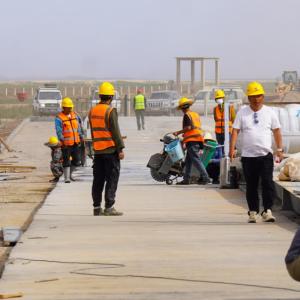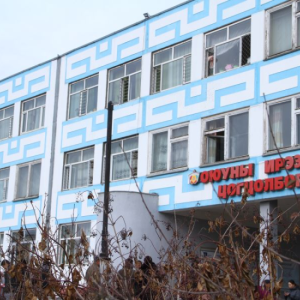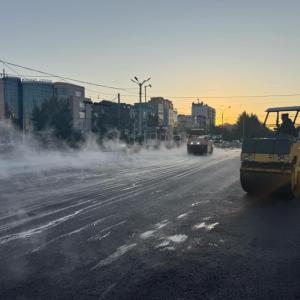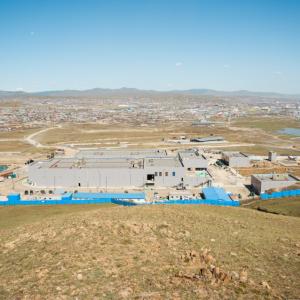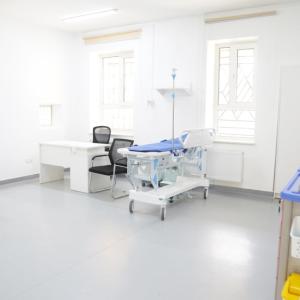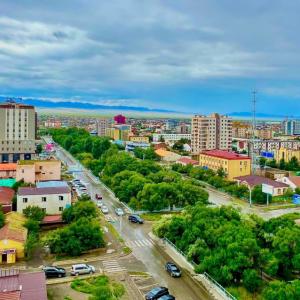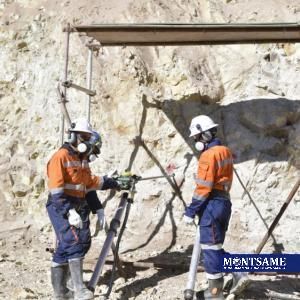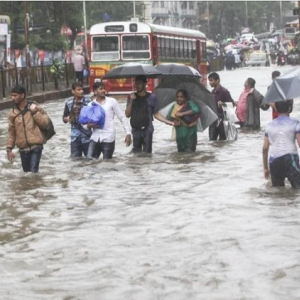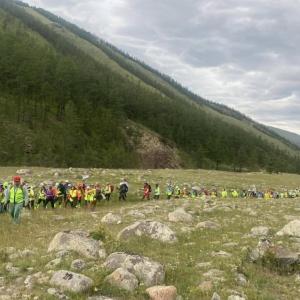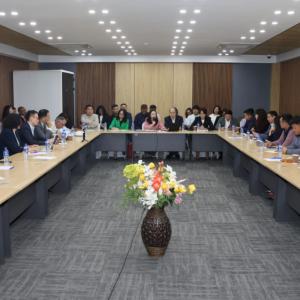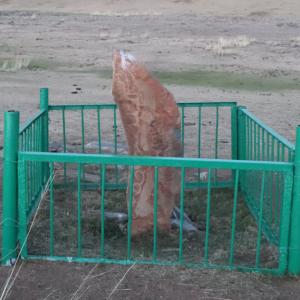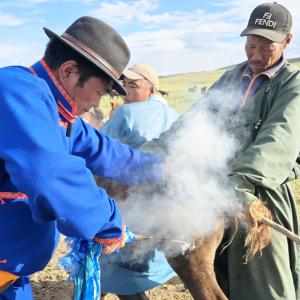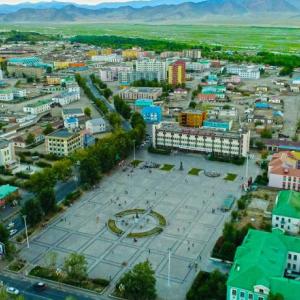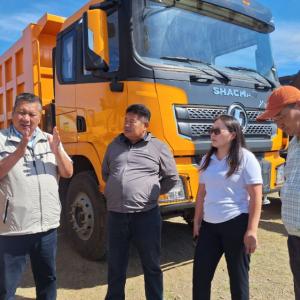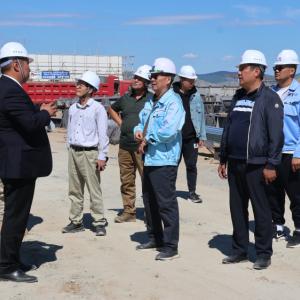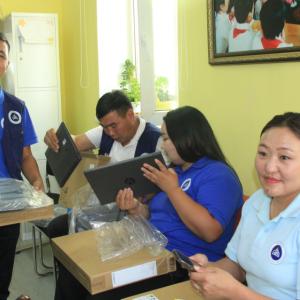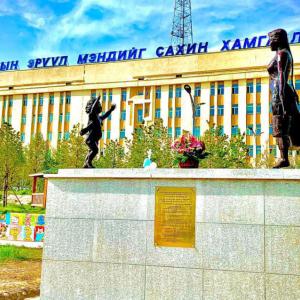Results of Mongolia COVID-19 Household Response Phone Survey released
Society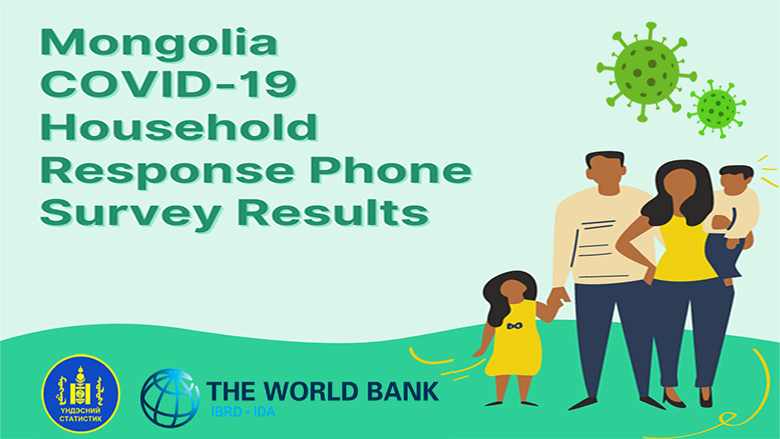
Ulaanbaatar /MONTSAME/ Mongolia has taken early and decisive measures to prevent the inflow and outbreak of COVID-19. Despite the limited cases confirmed in Mongolia, the household-level shocks caused by COVID-19 can be long-lasting and disproportionally hit the poor and vulnerable the hardest, creating an urgent need for timely data collection to help monitoring and mitigating the socio-economic impacts of the shock.
To monitor the household-level impacts of COVID-19, the National Statistics Office of Mongolia (NSO) and the World Bank have implemented a joint COVID-19 Household Response Phone Survey (HRPS) on a national sample of 1,334 households. The HRPS drew a subsample from the 2018 Household Socio-Economic Survey (HSES). The survey questionnaire focuses on (i) economic transmission channels, (ii) information access and behavioral changes, (iii) access in education, health and financial services, (iv) coping mechanisms, and (v) welfare impacts of the COVID-19 pandemic.
The results of the first round of the HRPS, implemented from May 22 to May 29, 2020 are shown below. And the next round of the survey is scheduled in late August – early September 2020.
Key findings
• Self-employed and agriculture households have been
significantly impacted
16 percent of self-employed workers received zero
income and 73 percent experienced income losses since end-January. This is
mainly due to fewer customers, business place closures and logistics
disruptions due to COVID-19
70 percent of farmer and herder households reported their agricultural income has declined compared to the same time last year
• Wage employment was less affected by COVID-19, yet more than one in three households reported wage income losses
• Nearly three-quarters of households, in particular 85 percent of the poor (those in poverty in the 2018 HSES), experienced some sort of shocks since end-January
12 percent of households experienced job losses
7 percent of households had to close their non-farm
business
64 percent of households reported increase in price of major food items
• Food security is a serious issue for the poor
Nearly half of the poor were uncertain about their
ability to obtain food in the past 30 days due to lack of money or rising
prices. Three in four poor households were affected by the recent price
increases of the major food items
One in four poor households (23 percent) expressed concerns about food security in the next week
• Alarming levels of concerns on household finances were
reported
More than 40 percent of households, particularly the poor (53 percent), are worried about their finances in the next month
• Three in four households with school-enrolled children
were engaged in distance learning activities.
The overall satisfaction on these learning activities is high but most children
need assistance from other household members at home.
• No major disruptions in access to health and financial
services under the COVID-19 pandemic were observed
source: worldbank.org

 Улаанбаатар
Улаанбаатар











